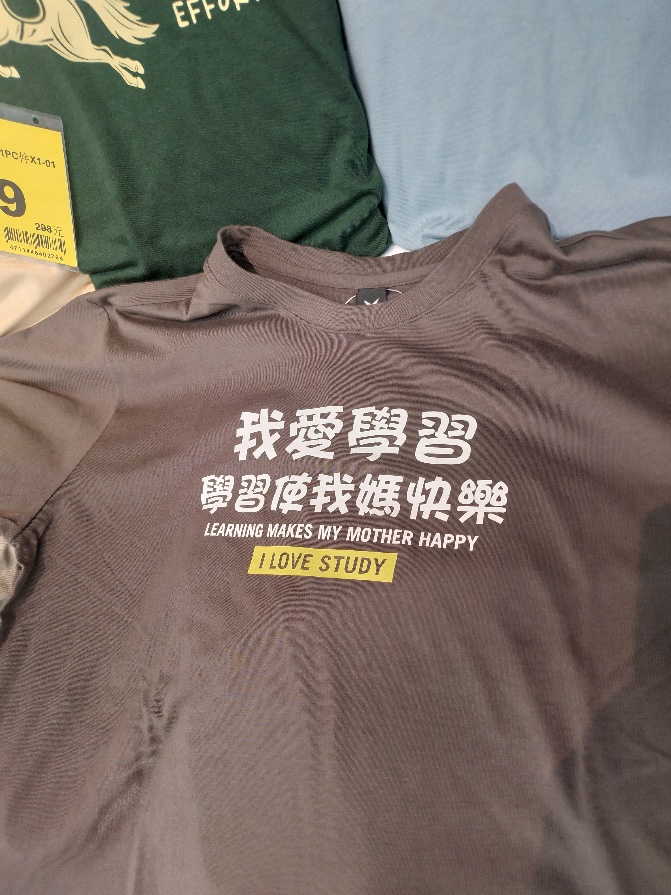Xi Jinping.
There are countless online suggestions for how to pronounce the name of the Great Helmsman. Most of them are well intended, but I fear that so far they have failed. People who are well informed about Chinese affairs still murder the Paramount Leader's name. So as not to muddy the waters, I will give a completely non-technical transcription. No phonology, no semantics, no frills.
What I'm going to suggest on the next page is intended for the English-speaking layperson who has no specialized knowledge of Chinese language. It will not be exactly the same as Modern Standard Mandarin (MSM) spoken by a native, but it will get you close — sans tones, which would take a long time to explain and practice
Remember, there are countless Sinitic topolects, dialects, and idiolects, and endless variations even among MSM speakers. Be confident. If you pronounce the Paramount Leader's name the way I advise on the next page, any well-disposed/intended speaker of MSM will understand whom you're referring to.
Oh, by the way, if you haven't formally studied Mandarin and try to pronounce the "X" in some linguistically sophisticated way, you will most likely miserably fail.
Don't try to make it fancy or exotic.
Pronounce the words the way you would in English.
Here goes:
Read the rest of this entry »



